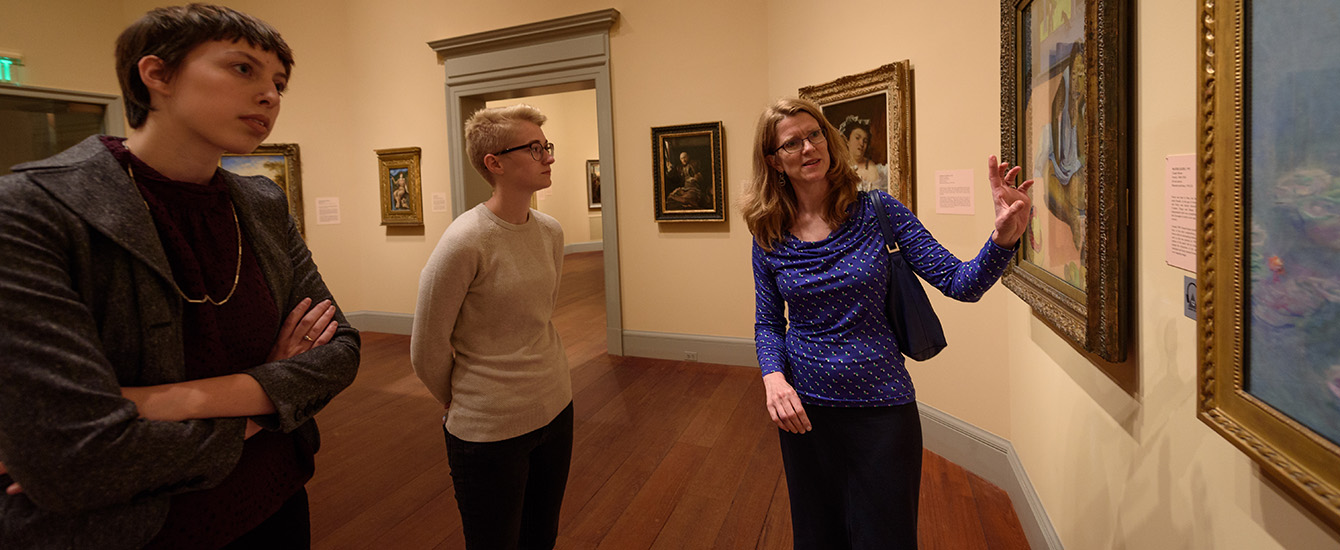Visual and Performing Arts
Beyond the beyond: CGI and the anxiety of overperfection
Document Type
Book Chapter
Abstract
The goal of this essay is modest: to differentiate traditional analog filmmaking from new modalities of digital cinema in light of the psychoanalytic conceptions of desire and anxiety. Through a series of three examples, each of which bears the structure of a mirror, I seek to complicate existing theories of digital representation by foregrounding the notion-developed by Slavoj Žižek in Looking Awry and other early works-that the human subject is lured most profoundly when a representation admits some measure of real truth. Recent advances in digital image manipulation such as computer-generated imagery (CGI) and motion capture have engendered filmmakers’ pursuit of a pixel-polished hyperrealism. However, this approach, premised as it is on the attainability of a satisfying fullness, fails to incorporate the gaps, stains, and ruptures upon which traditional analog special effects flourished over much of the twentieth century. In a pointedly Žižekian sense, CGI fails to fail, and in doing so omits a crucial component of the subjective lure: the admission by the deceiver that a deception is in the offing. In other words, what Žižek calls the "double deception" of the Symbolic order is being digitally eradicated in favor of an Imaginary-order "single" deception.
Publication Title
Zizek and Media Studies: A Reader
Publication Date
2014
First Page
185
Last Page
197
ISBN
9781137366245
DOI
10.1057/9781137361516_15
Keywords
CGI, film, Slavoj Žižek, special effects
Repository Citation
Manon, Hugh S., "Beyond the beyond: CGI and the anxiety of overperfection" (2014). Visual and Performing Arts. 4.
https://commons.clarku.edu/faculty_visual_performing_arts/4



